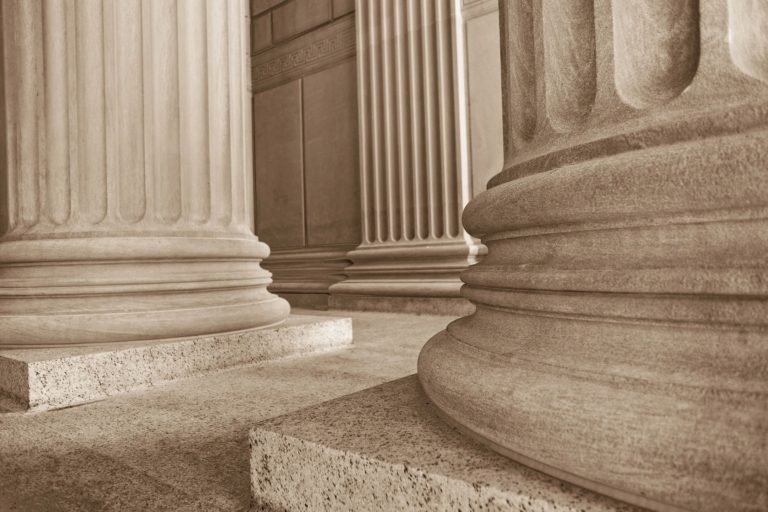A new memoir by Keri Blakinger is written from experience.
“Corrections in Ink” got a glowing New York Times review, calling it a “riveting story about suffering, recovery and redemption.”
Blakinger had a Harvard-educated lawyer father and a Cornell-educated grade-school-teacher mother. She did all sorts of childhood activities. She was an award-winninf straight A student.
But what started with bullying turned to self destruction and cutting. She turned to alcohol, Adderall and Ecstasy. She developed an eating disorder. She began using crack and heroin. She attempted suicide.
Blakinger was eventually convicted of criminal possession of a controlled substance, which was heroin, and spent almost two years in jails and prisons.
“The things that scare you in jail are not what you expect them to be. It’s not getting shanked. It’s not dropping the soap. Instead, these are things that keep you up all night: What does the fact that you ended up here say about you as a person? Does it mean you are bad? Or just bad at life?” she writes in the book.
In prison, she committed herself to programs and counseling that led to recovery. She was released when she was 28.
While incarcerated Blakinger witnessed and experienced abuse and inhumane conditions. She began studying and writing about the criminal justice system. She writes a column for The Marshall Project. The Washington Post put her on a reporting team that won a National Magazine Award for coverage of women’s jails.
She wants to make good now, make up for the lost time, she says, her life is now about undoing the lost time and helping others with her memoir better understand what happens inside America’s criminal justice system.










